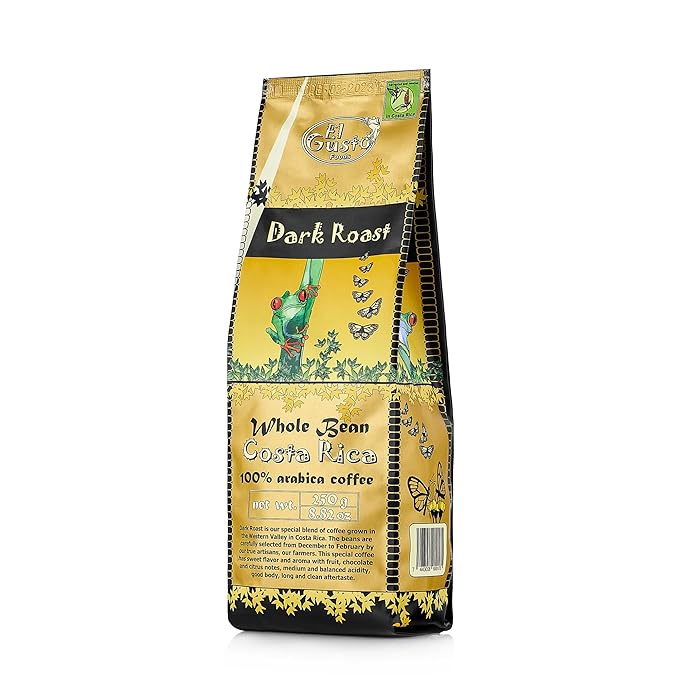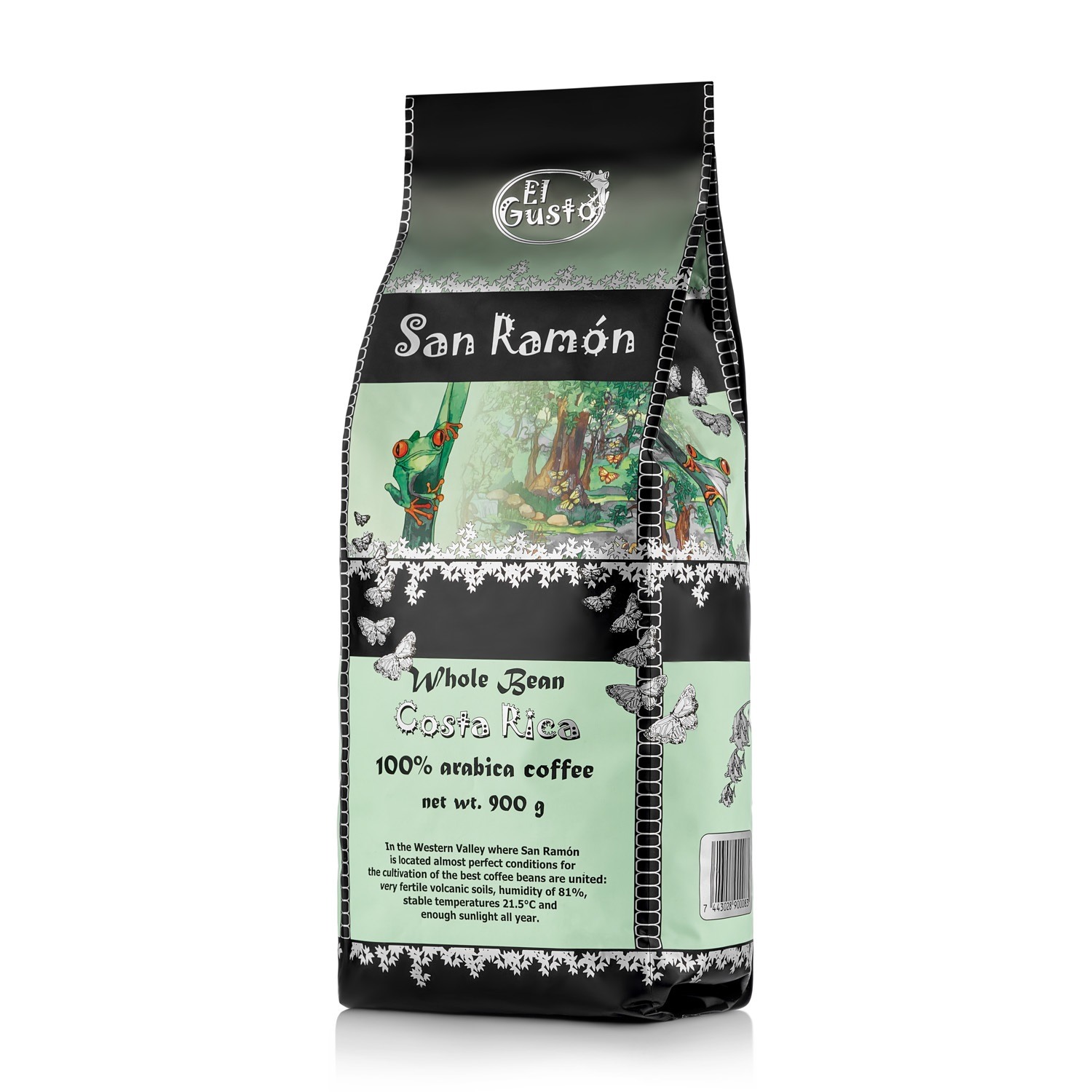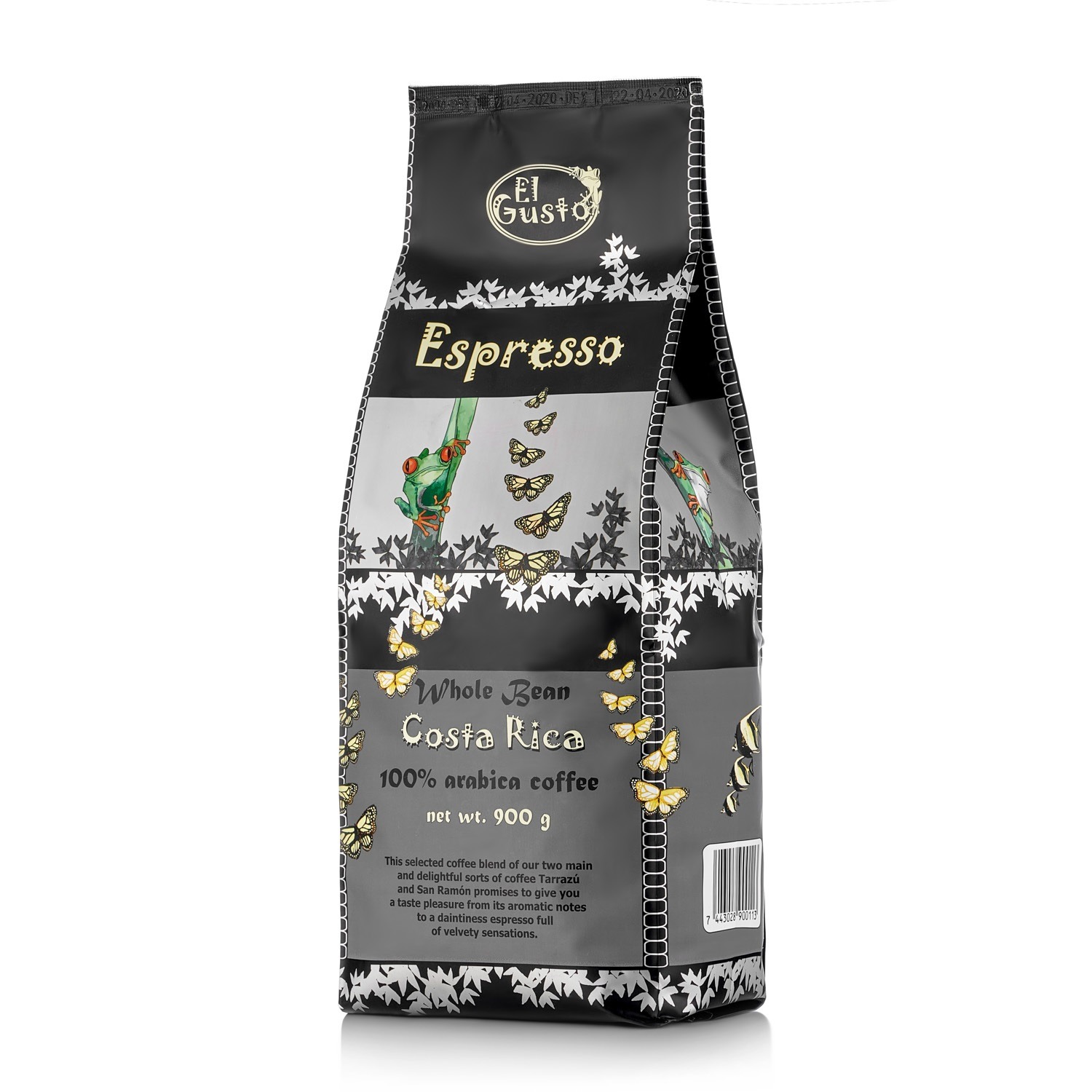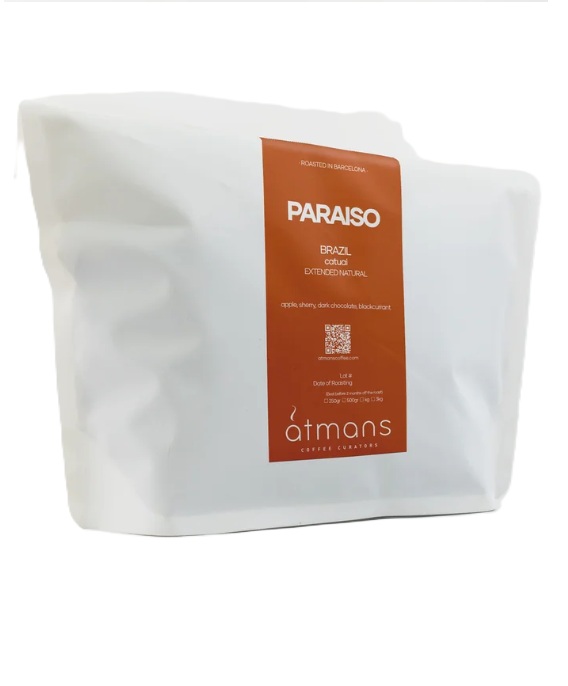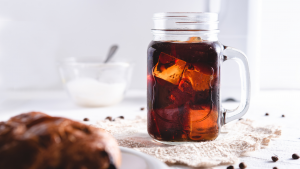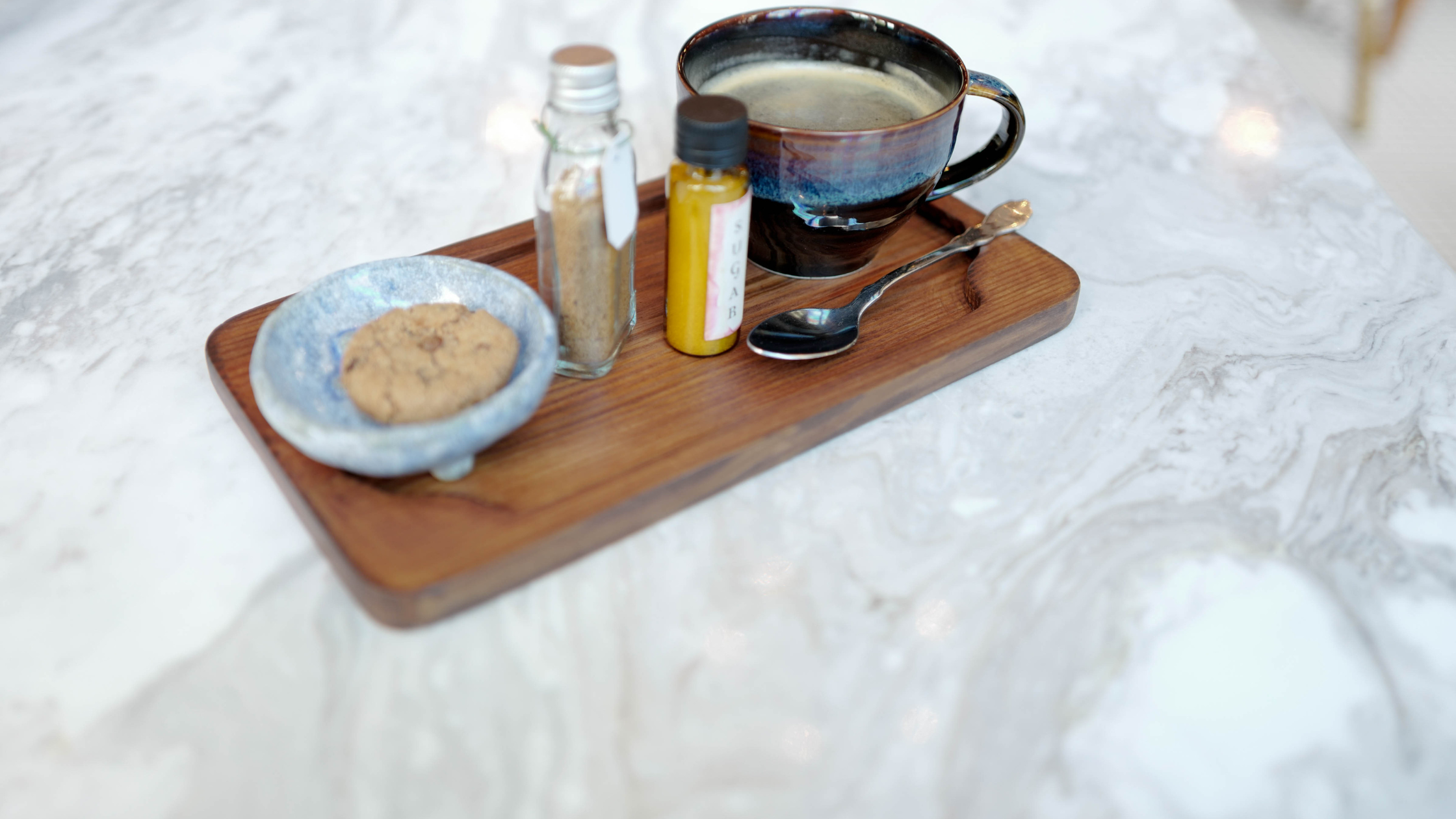
What Makes Single-Origin Coffee So Special?
What Makes Single-Origin Coffee So Special?
- azeem memon
- 23-05-2025
- 23-07-2025
- 1141 views
- Coffee Shop

In a world overflowing with coffee blends and flavored concoctions, there’s a quiet revolution happening among true coffee aficionados — a deep appreciation for single-origin coffee. But what exactly is it, and why is it making waves in the global coffee scene?
Let’s dive into the bean and uncover why single-origin coffee is considered the wine of the coffee world.
☕ What is Single-Origin Coffee?
Single-origin coffee refers to coffee sourced from one specific location — it could be a single country, region, farm, or even a particular lot. Unlike blends, which mix beans from different places to achieve a consistent flavor profile, single-origin coffees embrace their uniqueness.
Each batch tells a story of its origin, influenced by the soil, climate, altitude, and farming practices — what experts call terroir.
🌎 Why Origin Matters
The flavor profile of coffee is heavily influenced by where it’s grown. For example:
-
Ethiopian beans often have floral and fruity notes.
-
Colombian coffees lean toward nutty and chocolatey tones.
-
Sumatran beans tend to be earthy and full-bodied.
When you drink a single-origin coffee, you’re tasting the essence of that specific place — undiluted and pure.
👃 Distinctive Flavor Profiles
Here’s how some popular regions stand out:
| Origin | Notable Flavor Notes |
|---|---|
| Ethiopia | Blueberry, jasmine, citrus |
| Colombia | Caramel, nuts, red fruits |
| Kenya | Blackberry, grapefruit, wine-like acidity |
| Guatemala | Cocoa, spice, balanced body |
| Sumatra | Earthy, herbal, low acidity |
These unique profiles are a major reason why specialty cafés and roasters highlight single-origin offerings on their menus.
🧠 The Transparency Factor
Single-origin coffee offers more than just taste — it provides traceability. You know exactly where your coffee comes from, who grew it, and often how it was processed. This transparency supports ethical sourcing and helps farmers gain recognition (and often better pay) for their hard work.
🧪 Processing and Its Impact
Another fascinating aspect of single-origin coffee is the processing method:
-
Washed (Wet): Clean, crisp flavor
-
Natural (Dry): Fruity, bold
-
Honey: A balance of the above two
The method used is often chosen based on local traditions and available resources, further adding to the coffee’s character.
💰 Is Single-Origin Coffee More Expensive?
Typically, yes — but for good reason. Single-origin coffee:
-
Is produced in smaller quantities
-
Requires meticulous care in harvesting and processing
-
Offers a unique tasting experience
It’s a premium product, much like fine wine or artisanal chocolate.
🔍 How to Brew It Right
To get the most out of your single-origin coffee:
-
Use a manual method like pour-over or French press
-
Pay attention to grind size and water temperature
-
Use filtered water
-
Avoid adding sugar or milk — let the true flavor shine
❤️ Where to Try Single-Origin Coffee
If you’re ready to experience the true taste of a region, check out the exclusive single-origin selection at Lovers Coffee. Each bag is roasted with care to preserve the terroir and unique flavor profile of its origin.
🎯 Final Thoughts
Single-origin coffee isn’t just a beverage — it’s a journey. It invites you to explore the diverse landscapes and cultures behind every sip. For coffee lovers who crave authenticity and depth, single-origin is more than just a trend — it’s a way to travel the world through your cup.








